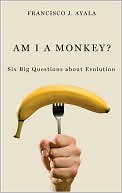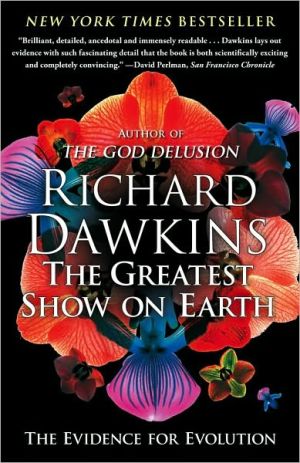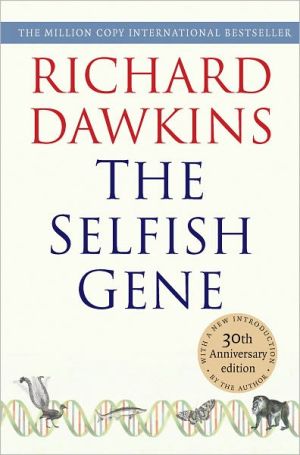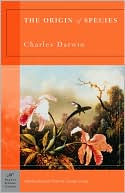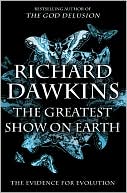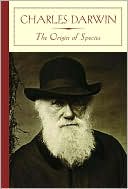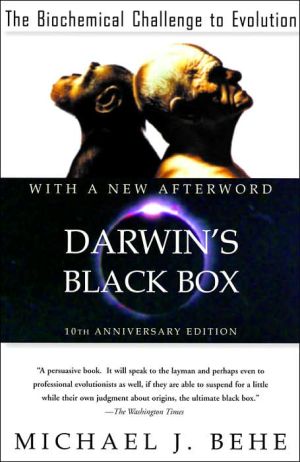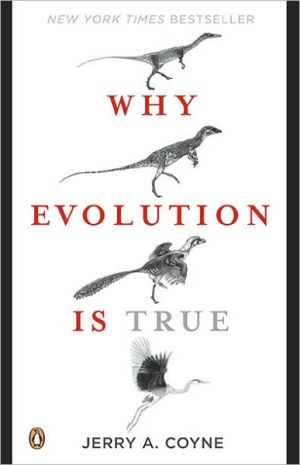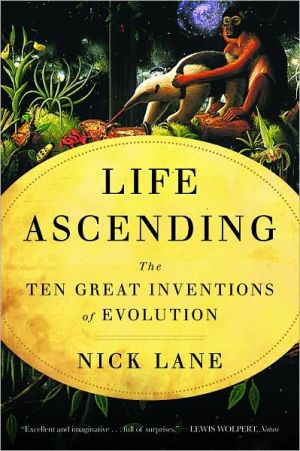Am I a Monkey?: Six Big Questions about Evolution
Search in google:
Despite the ongoing cultural controversy in America, evolution remains a cornerstone of science. In this book, Francisco J. Ayala-an evolutionary biologist, member of the National Academy of Sciences, and winner of the National Medal of Science and the Templeton Prize-cuts to the chase in a daring attempt to address, in nontechnical language, six perennial questions about evolution:? Am I a Monkey?? Why Is Evolution a Theory?? What Is DNA?? Do All Scientists Accept Evolution?? How Did Life Begin?? Can One Believe in Evolution and God?This to-the-point book answers each of these questions with force. Ayala's occasionally biting essays refuse to lend credence to disingenuous ideas and arguments. He lays out the basic science that underlies evolutionary theory, explains how the process works, and soundly makes the case for why evolution is not a threat to religion.Brief, incisive, topical, authoritative, Am I a Monkey? will take you a day to read and a lifetime to ponder. Publishers Weekly Ayala, past president of the American Association for the Advancement of Science and winner of the 2010 Templeton Prize, is well positioned to write another book (after Darwin's Gift to Science and Religion) about the relationship between religion and science and the importance of evolution. He's done just that, but in surprisingly abbreviated form. The title's six questions are: am I a monkey?; why is evolution a theory?; what is DNA?; do all scientists accept evolution?; how did life begin?; and can one believe in evolution and God? Another question is, who is this book written for? Presumably for religious believers who reject evolution and are perplexed by Ayala's six questions. But beginning an answer to the title question by saying humans are more closely related to apes than to monkeys won't gain that reader's trust. Ayala also assumes a basic familiarity with biological terms and processes. The large point Ayala makes, repeatedly and clearly, is that science and religion are not contradictory, but rather complementary, as different ways of knowing the world. Ayala's passion is obvious, but it's not clear that evolution heretics will become believers after reading this book. 3 halftones, 5 line drawings. (Oct.)
